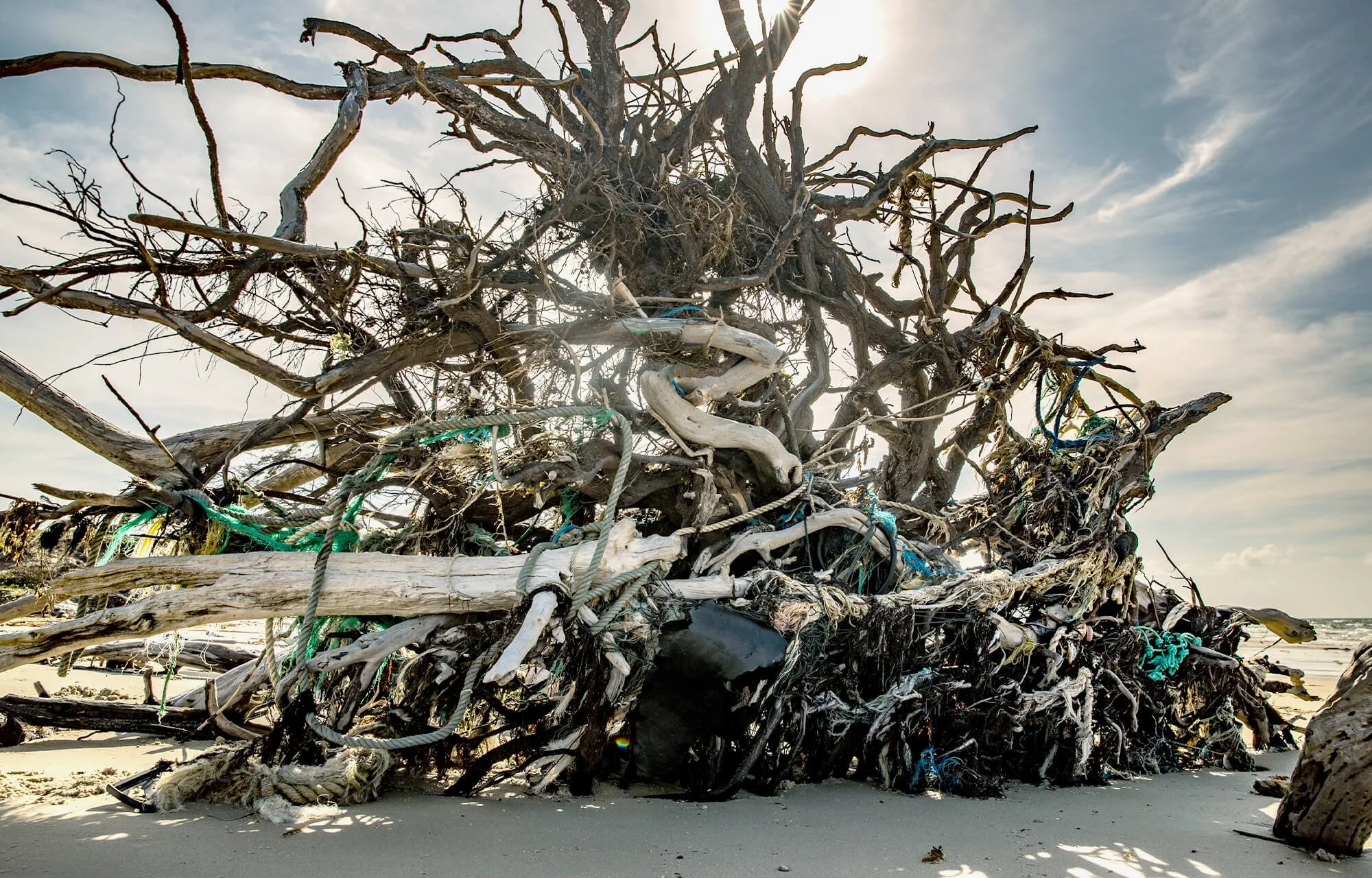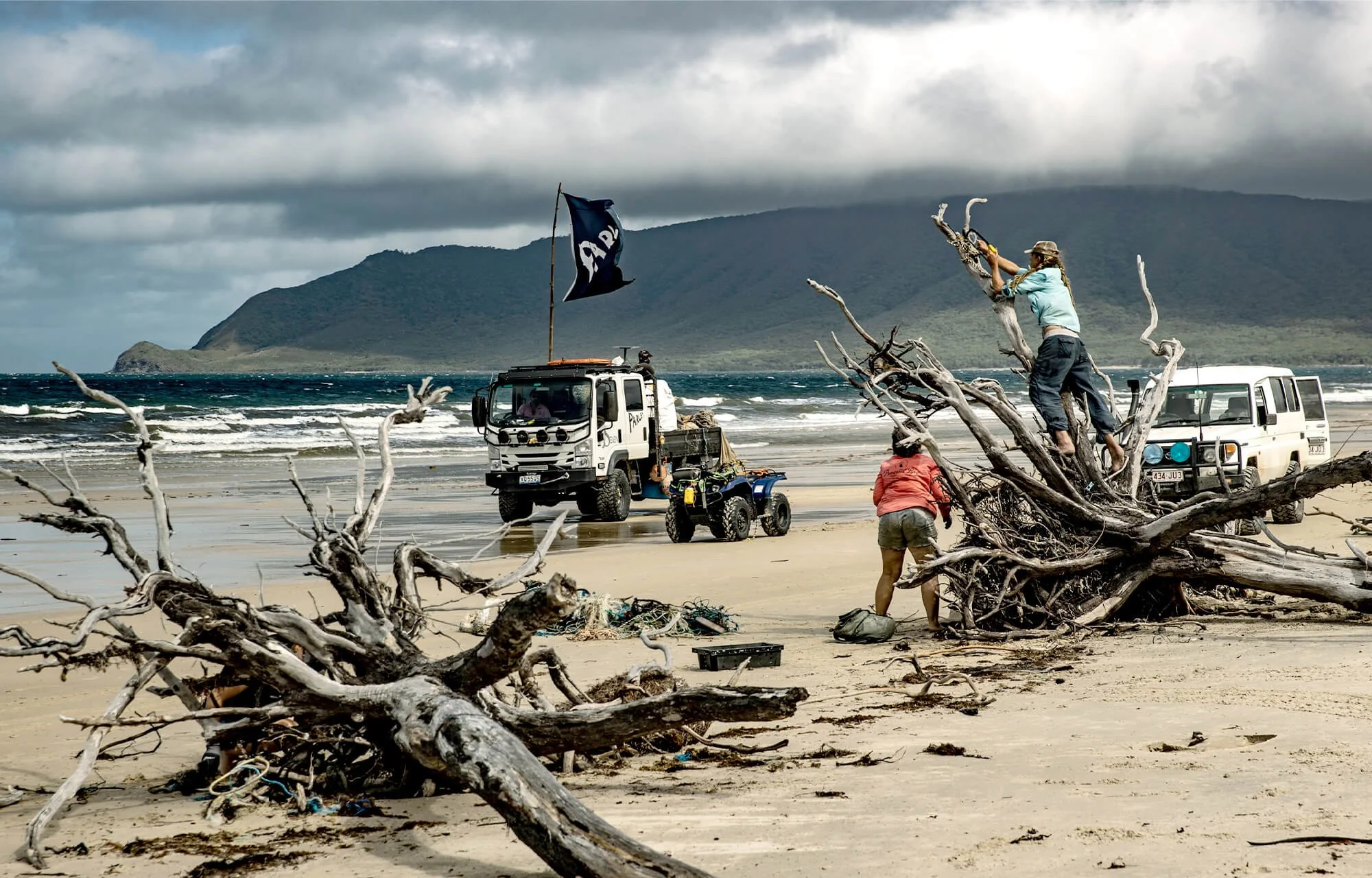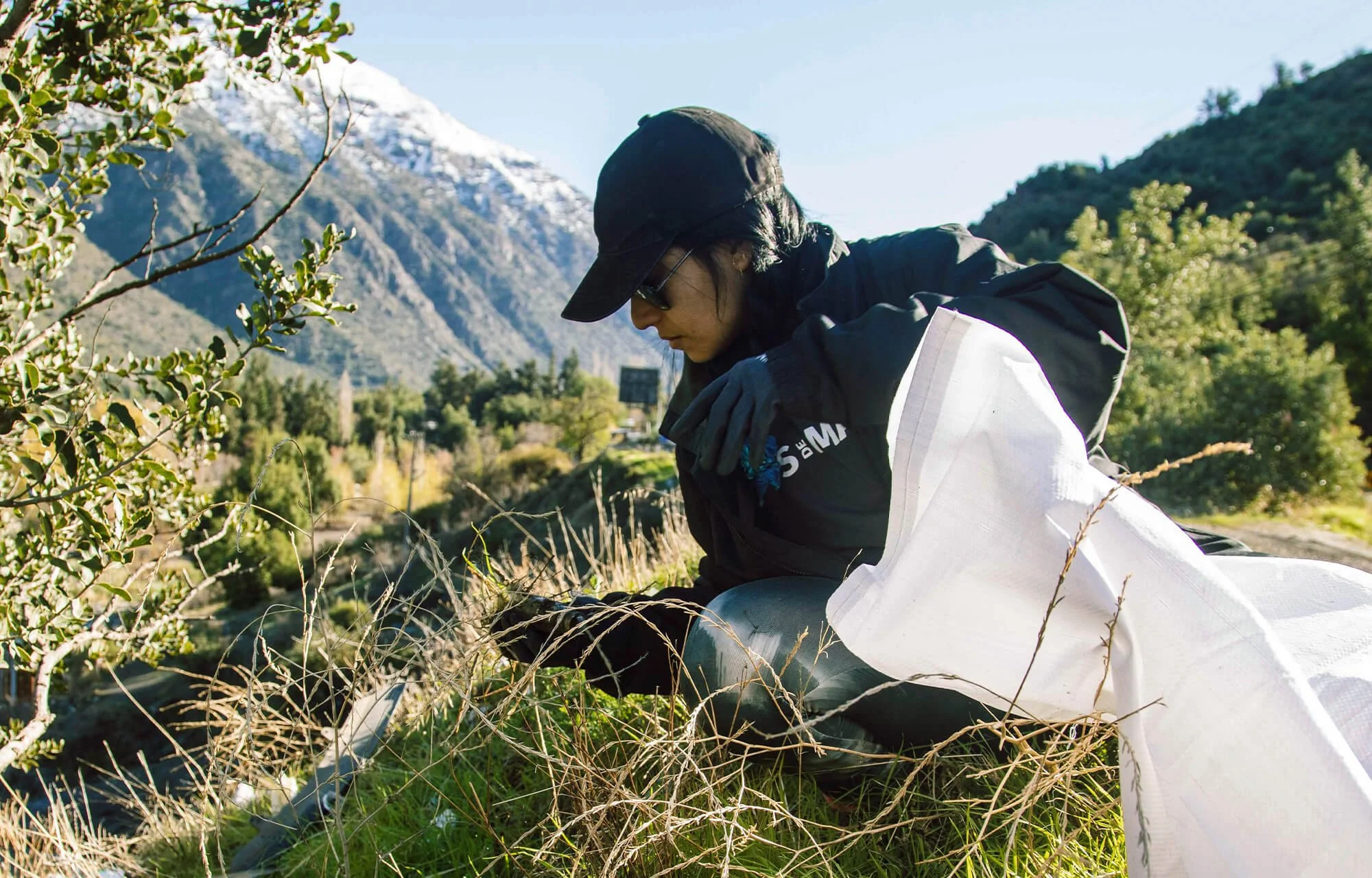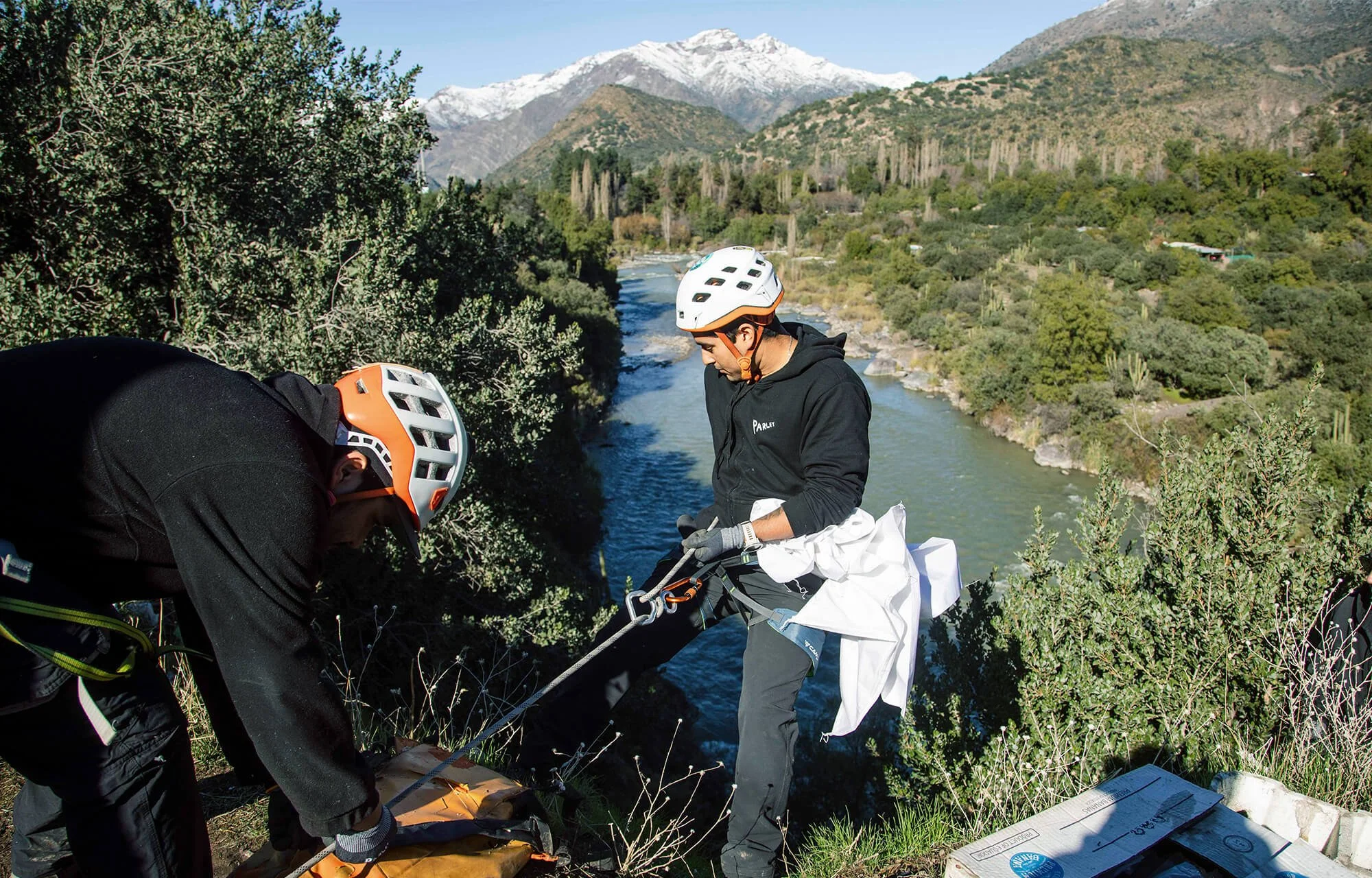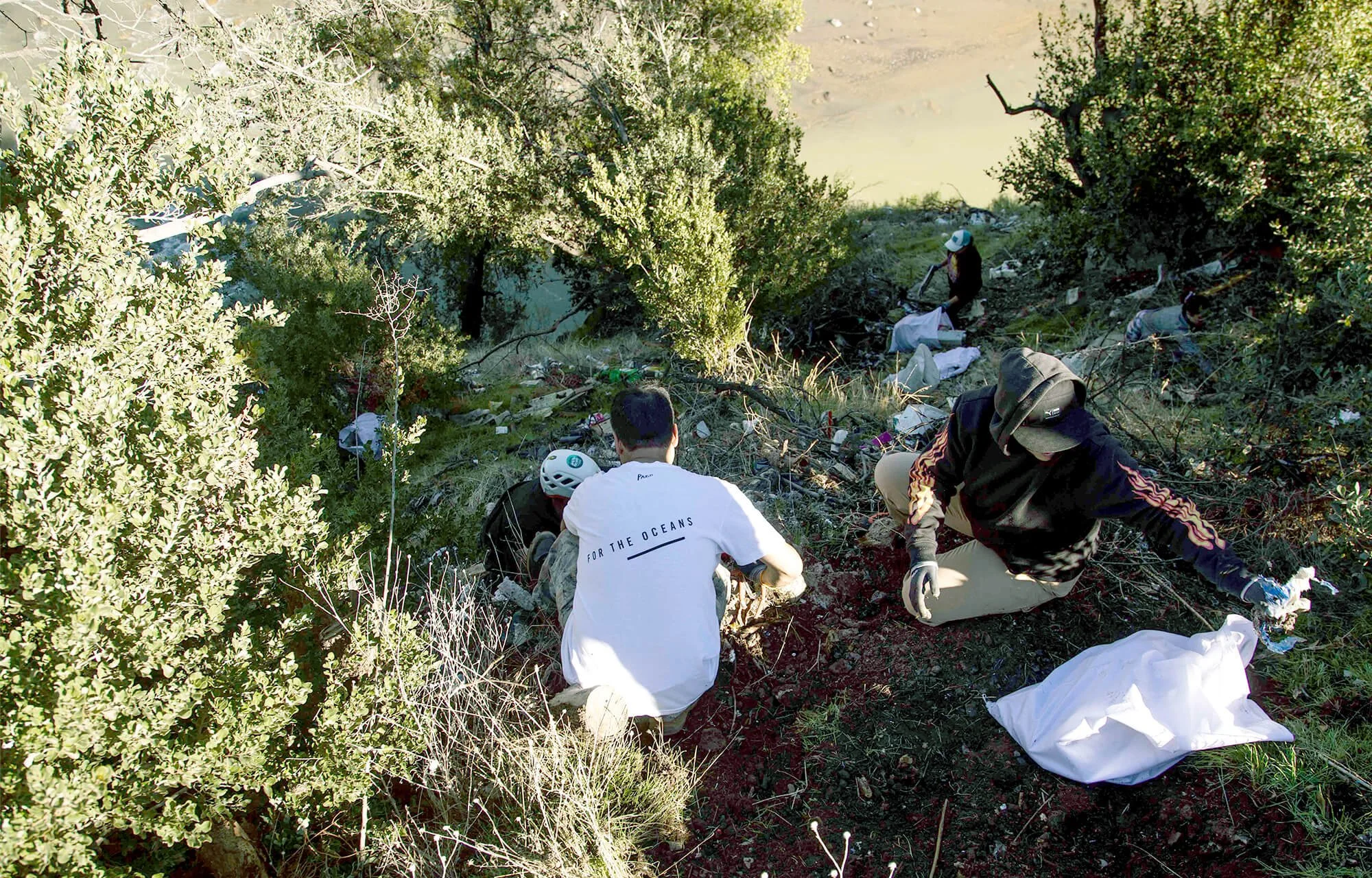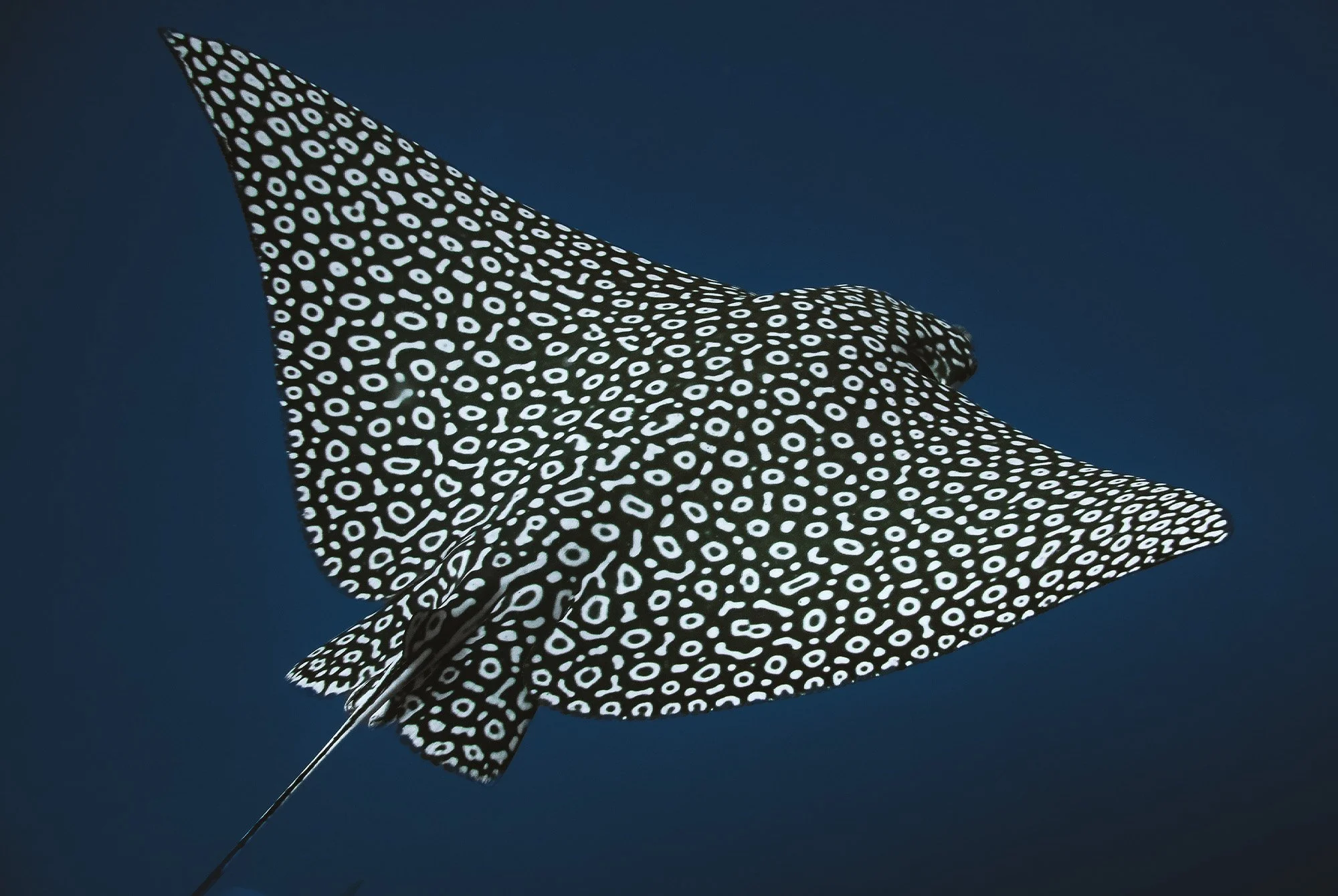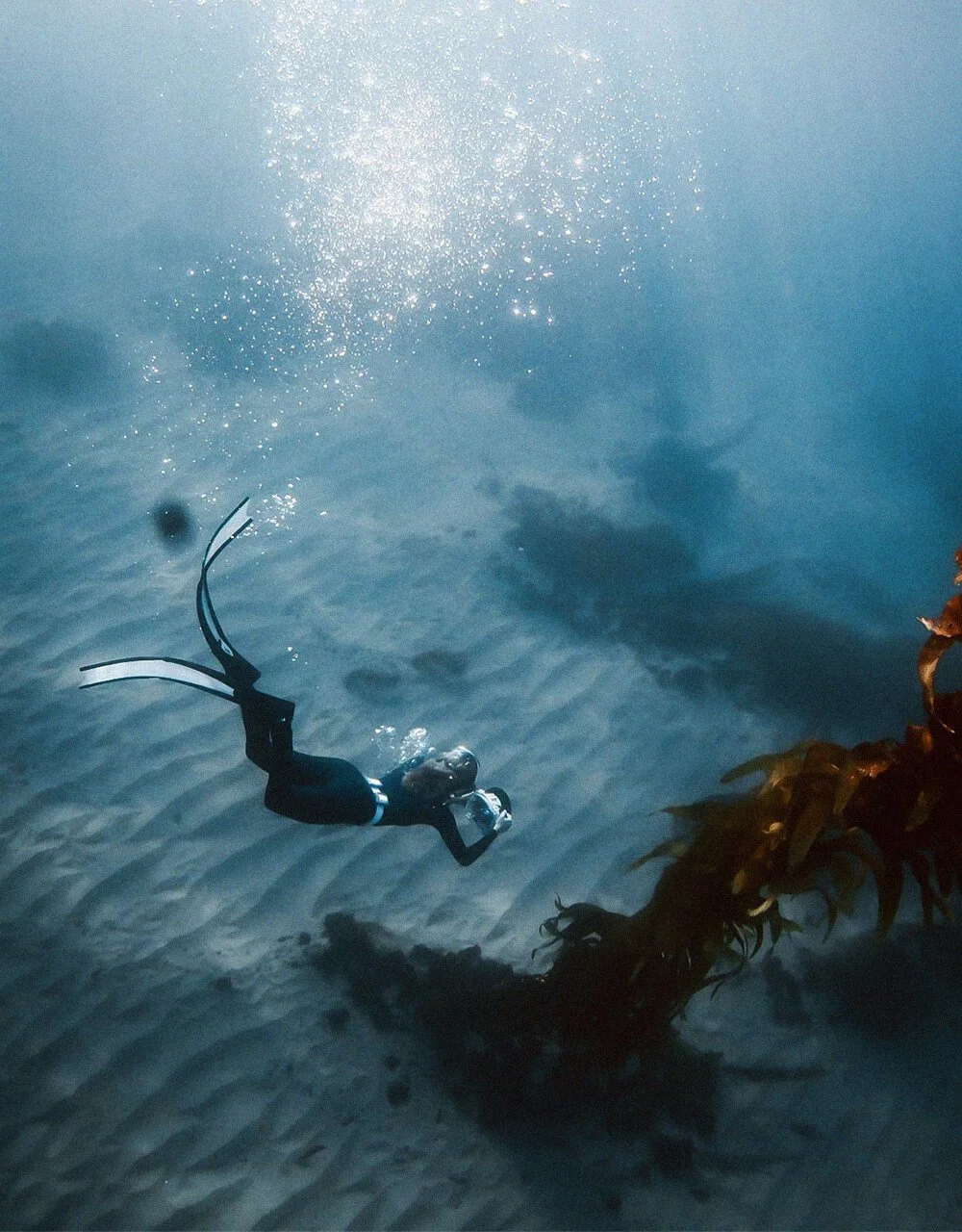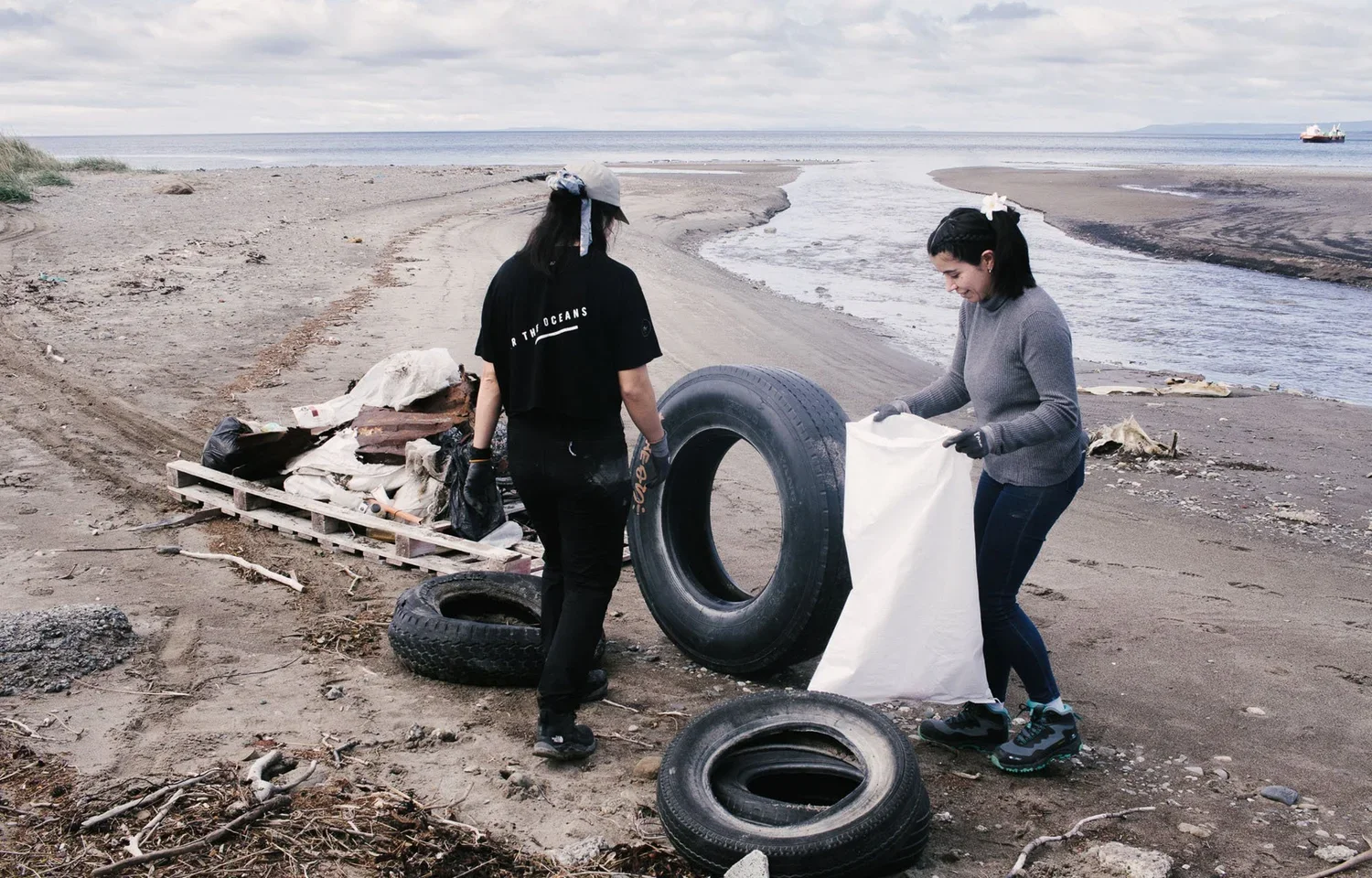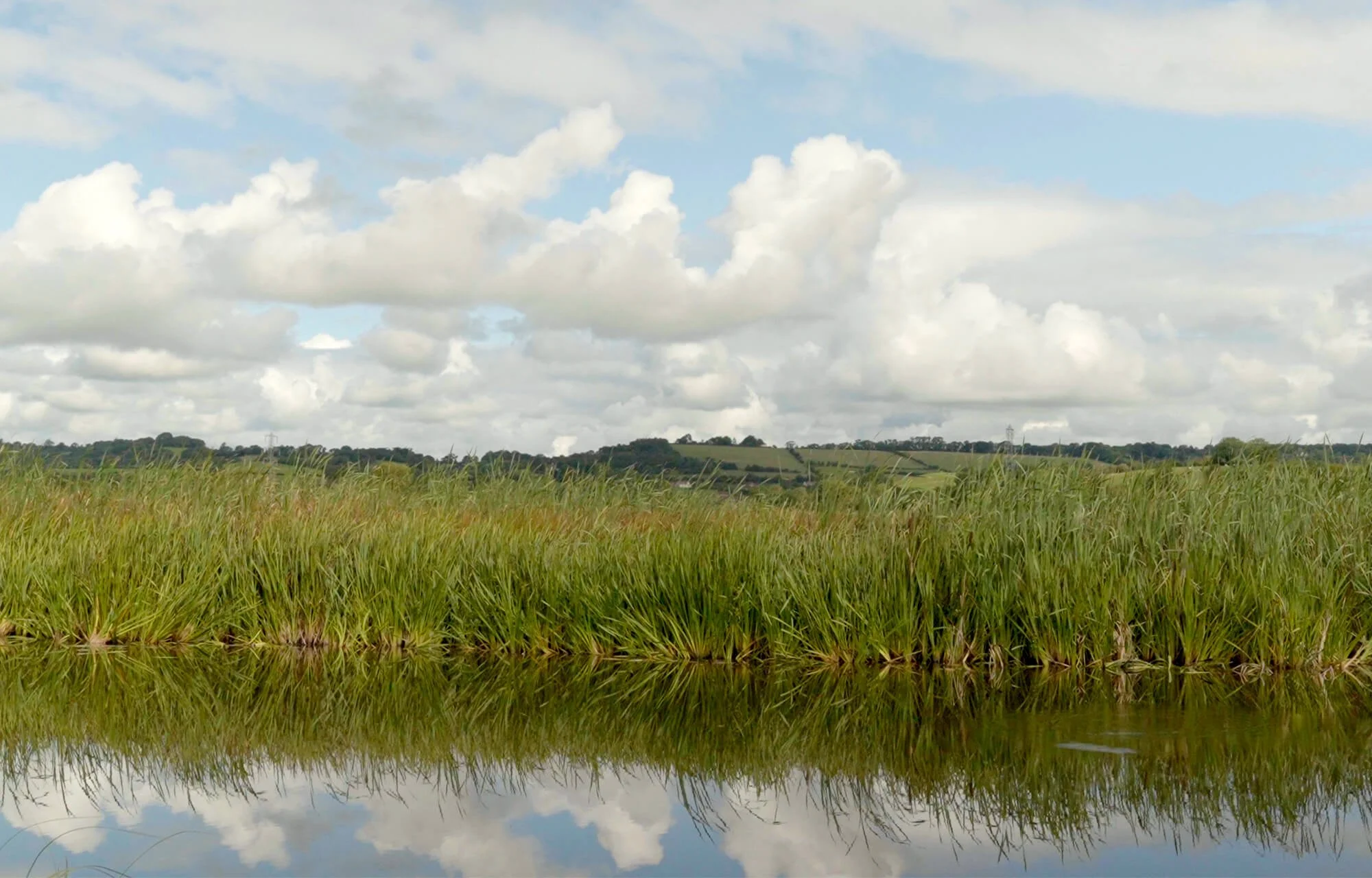Field Notes
This month, we return to the FAR northERN Reaches of australia, check in on the parley Hawaiʻi island-wide cleanup and rapPel down a ravine in chile to intercept plastic waste
Australia
the crew returns to the remote northern beaches of Cape Bedford to intercept over 14 tons of plastic pollution
Earlier this summer, Parley Australia completed its largest remote cleanup to date – a super impactful 10-day expedition along the remote and beautiful beaches of Cape Bedford, Far North Queensland, where they removed an astonishing 14.5 tons of marine debris. Each day, up to 30 volunteers camped at the stunning Elim Beach, forming a dedicated crew of ocean defenders. Volunteers came from across the country, including a group from Melbourne’s B-Alternative, alongside locals from Cooktown and the Cairns region, all united by a common purpose: to protect and restore our oceans.
This remote mission was carried out in close collaboration with Traditional Owner Ivan Deemal, whose guidance and connection to Country are central to our team’s work. Partnering with Ivan ensured that their efforts respected the cultural significance of the land and aligned with the values of care, stewardship and deep listening. Among the many highlights was the discovery of a message in a bottle, released just a week earlier by two twin sisters near Fitzroy Island. Inside was a handwritten note that simply read “Call me.” When our team made the call, their grandmother – an avid ocean explorer – answered with joy, and they exchanged photos of the bottle’s journey. The moment became a powerful symbol of the ocean’s interconnectedness and a reminder of how quickly marine debris can travel between regions.
This year’s expedition also marked a moment of visible impact. In 2024, the team witnessed large tree roots along the shoreline entangled in ropes and fishing lines, creating eerie sculptures – accidental, yet arresting – that told a story of environmental degradation. These root-bound debris piles were not only hazards to marine life, but also slow sources of microplastic pollution as they slowly decayed. This year, the crew cleared every entangled tree root, removing dangerous materials and helping to protect this sacred and fragile ecosystem. It was more than a cleanup – it was a step toward healing, a stand against destructive business practices and a call to end our reliance on toxic materials.
Hawaiʻi
A SOLO MISSION TO CLEAN UP every beach Park on Oʻahu
Earlier this year, Manny Pangilinan of Parley Hawaiʻi set off on a unique mission: working his way around the entire island of Oʻahu, he’s aiming to do a cleanup at every single beach park along the way. His goal with the Island Wide Cleanup Project is simple: showing that just one hour of work can make a huge difference, even if it’s just you, yourself and a pair of gloves. Now at the halfway point, he reflects on the project so far.
“One of the most rewarding parts of this journey has been receiving support from the community. After cleaning over 40 beach parks, I’ve gained credibility, simplified the process and observed a clear pattern – plastic pollution is a consistent issue. Our habits and lifestyles need to be redesigned.”
Along the way, his one-man mission has morphed into a community effort, with a regular crew now joining in to lend a hand, help sort the trash and even lend their trucks to haul it all away. Posting his around-the-island adventures on the Parley Hawaiʻi Instagram has helped inspire new audiences across the islands and beyond, with coverage on Hawaiian news channels helping to build momentum.
“A one-hour cleanup is often enough to make a park clean and pristine,” notes Manny, “and consistently doing good work attracts like-minded people – both locally and globally.”
CHILE
rappelling down a ravine to intercept plastic and create a new community space
Following on from their daring river rafting cleanup, our Chile crew continued their focus on rivers and watersheds with a mission to one of the most inaccessible areas of the Maipo Canyon: the Mirador del Diablo ravine. Thanks to a joint effort between climbers, kayakers and local collaborators, more than two tons of waste were removed – waste that had accumulated for years in this steep stretch of the upper Maipo River basin, near the capital city of Santiago.
The operation required technical planning and precise coordination. Teams of local climbers, together with volunteers, rappelled down the ravine to access bags, tires, electronic scrap and plastic debris trapped between rocks and vegetation. The waste was then loaded onto rafts that transported it downriver to safe disposal points, and other waste was hauled up to the upper part of the viewpoint. The event was made possible thanks to the collaboration between local organizations, mountain and river sports groups, the Municipality of San José de Maipo and the logistical support of Parley Chile, which has focused its 2025 work on waste interception in rivers and wetlands, as a key strategy to protect the oceans off this mountainous country.
“The Pata del Diablo stream is a complex area, not only because of its difficult access, but also because it represents a clear example of how uncontrolled trash takes years to remove," commented Hernán García, of the Somos Cuencas collective. “We hope this is the last cleanup here and that the authorities can soon arrange for the demarcation of this area as a community viewing point for the river. The view from here is incredible; this viewing point is something we have been requesting for some time.”
We are beyond grateful to the more than 30 volunteers who showed up and – with courage and skill – managed to remove a significant amount of waste and recyclable material, committing to the environmental restoration of this site. In addition to the actual interception, the activity highlighted the urgent need to strengthen waste management in areas with high tourist numbers and difficult access.
“What we did here wasn't just clean up, it was giving back to the local community and visitors a recreational and contemplative space that had been lost for a long time among the waste that was dumped here,” says Duban Espinoza, head of Parley Chile’s Cleanups. “The Maipo River runs more than 250 kilometers from the mountains to the sea, passing through Chile's capital. What doesn't stop in the mountains reaches the coastal wetlands and ends up in the sea. Intercepting plastic waste in our watersheds is essential to protecting our ocean.”

